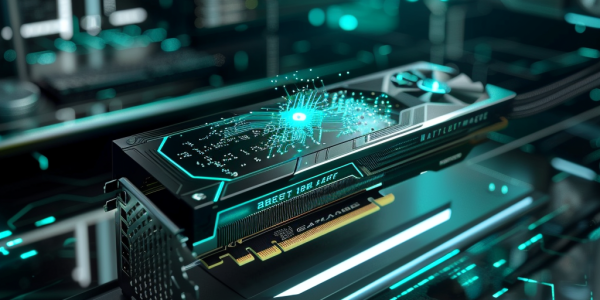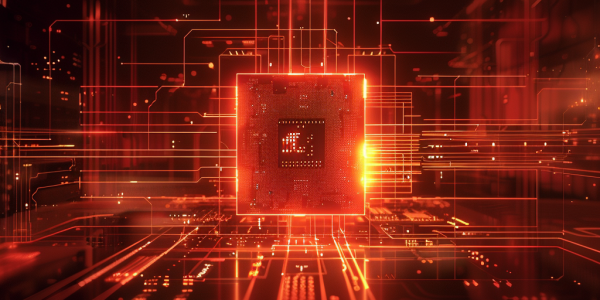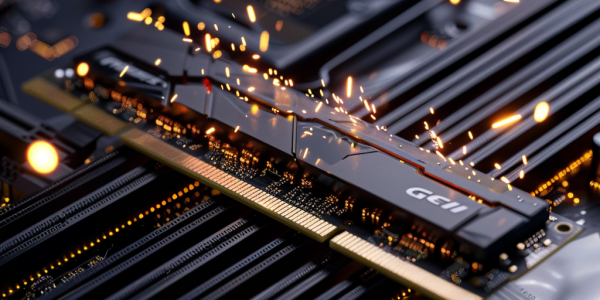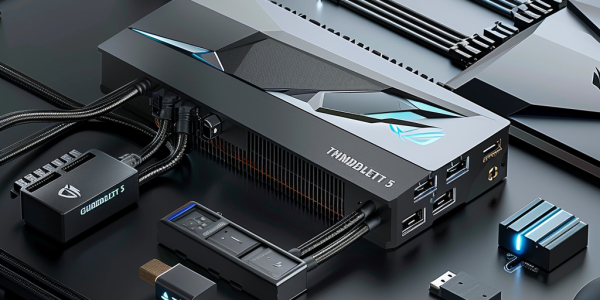Fedora Linux Shifts Intel Hardware Support Towards Newer Generations
Fedora Linux is undergoing a critical transition in its support for Intel hardware, particularly with the Intel Compute Runtime stack. As it shifts focus towards newer Intel graphics, support for older architectures like Ice Lake is being phased out. This change aims to enhance performance and compatibility for users relying on OpenCL and oneAPI Level Zero workloads. The upcoming Fedora 42 release will prioritize newer GPU generations, ensuring a robust software environment while addressing challenges in maintaining legacy hardware support.
Intel CEO Pat Gelsinger to Retire; Company Appoints Interim Co-CEOs
Intel Corporation announces the retirement of CEO Pat Gelsinger, effective December 1, 2024, after over 40 years of service. David Zinsner and Michelle Johnston Holthaus appointed as interim co-CEOs, ensuring leadership continuity during this critical transition. The board is actively searching for a permanent successor while focusing on innovation and operational excellence in the competitive semiconductor industry.
Intel Set to Launch Battlemage GPUs on December 3rd
Intel is set to launch its next-generation Battlemage discrete GPUs on December 3rd, featuring the Arc Battlemage B580 and B570 models. With competitive pricing and advanced specifications, these GPUs aim to attract gamers and content creators. Stay updated on Intel’s strategy in the evolving GPU market.
AMD Prepares for Zen 6 Ryzen CPUs with AM5 Support
AMD is set to revolutionize the CPU market with its upcoming Zen 6 Ryzen processors, expected to launch in late 2026 or early 2027. These innovative CPUs will maintain compatibility with the AM5 socket, allowing users to upgrade without changing motherboards. With anticipated features like support for up to 32 cores per CCD, the Zen 6 series aims to enhance performance for both desktop and server applications, solidifying AMD’s position as a leader in the semiconductor industry.
GeIL Unveils Next-Gen DDR5 Memory Modules with Speeds Up to 9200 MT/s
GeIL has launched its next-generation CUDIMM and UDIMM DDR5 memory modules, featuring speeds from 6400 MT/s to an impressive 9200 MT/s. Designed for both casual users and overclocking enthusiasts, these modules ensure compatibility with Intel’s latest Core Ultra Processors. With advanced technology like the CKD chip for enhanced signal integrity, GeIL’s innovations promise to elevate performance in gaming and computing. Set for release in Q4 2024, these high-performance memory solutions are poised to transform the landscape of PC components.
Nvidia Joins Dow Jones, Replacing Intel Amid AI Boom
Nvidia is set to replace Intel in the Dow Jones Industrial Average on November 8, reflecting the semiconductor industry’s shift driven by AI advancements. With Nvidia’s stock surging over 170% in 2024 and Intel facing a 50% decline, this change highlights the evolving tech landscape. Nvidia’s dominance in AI GPUs, particularly among major tech firms, positions it as a key player in the market, while Intel struggles with challenges and workforce reductions.
ASUS Unveils Innovative AMD EPYC CXL Memory Server at OCP Summit 2024
At OCP Summit 2024, ASUS unveiled its AMD EPYC CXL Memory Enabled Server, the RS520QA-E13-RS8U, a 2U 4-node server designed for optimal performance in AI-driven applications. Featuring innovative rear connectivity options and enhanced memory capacity, this server addresses modern data center challenges, showcasing ASUS’s commitment to cutting-edge server technology.
PNY Launches High-Performance XLR8 DDR5 Memory Kits for Gamers
PNY has launched its latest DDR5 memory products, the XLR8 Gaming DDR5 and XLR8 Gaming EPIC-X RGB DDR5. Designed for gamers and PC enthusiasts, these memory kits offer exceptional performance, support for Intel’s XMP 3.0 and AMD’s EXPO technology, and a range of frequencies from 5,600MHz to 6,400MHz. With innovative heatspreader designs and RGB synchronization compatibility, these kits are set to enhance gaming rigs and deliver superior performance. Available in November 2024, they come with a limited lifetime warranty and 24/7 technical support.
Gigabyte Launches First Thunderbolt 5 Expansion Card for Enhanced PC Connectivity
Gigabyte has launched its first Thunderbolt 5 expansion card, enhancing PC connectivity with speeds up to 80 Gbps. Equipped with three Mini-DisplayPort connectors and two USB Type-C ports, this card supports multiple devices and offers robust power delivery. Ideal for gamers and professionals, it promises to revolutionize high-speed connectivity and expand system capabilities.
Yago Tenorio Leaves Vodafone to Join Verizon as CTO
Santiago ‘Yago’ Tenorio departs Vodafone after nearly 30 years to join Verizon as Chief Technology Officer. Known for his leadership in Open RAN and 5G innovations, Tenorio’s move is expected to enhance Verizon’s technological capabilities amidst the evolving telecommunications landscape.










